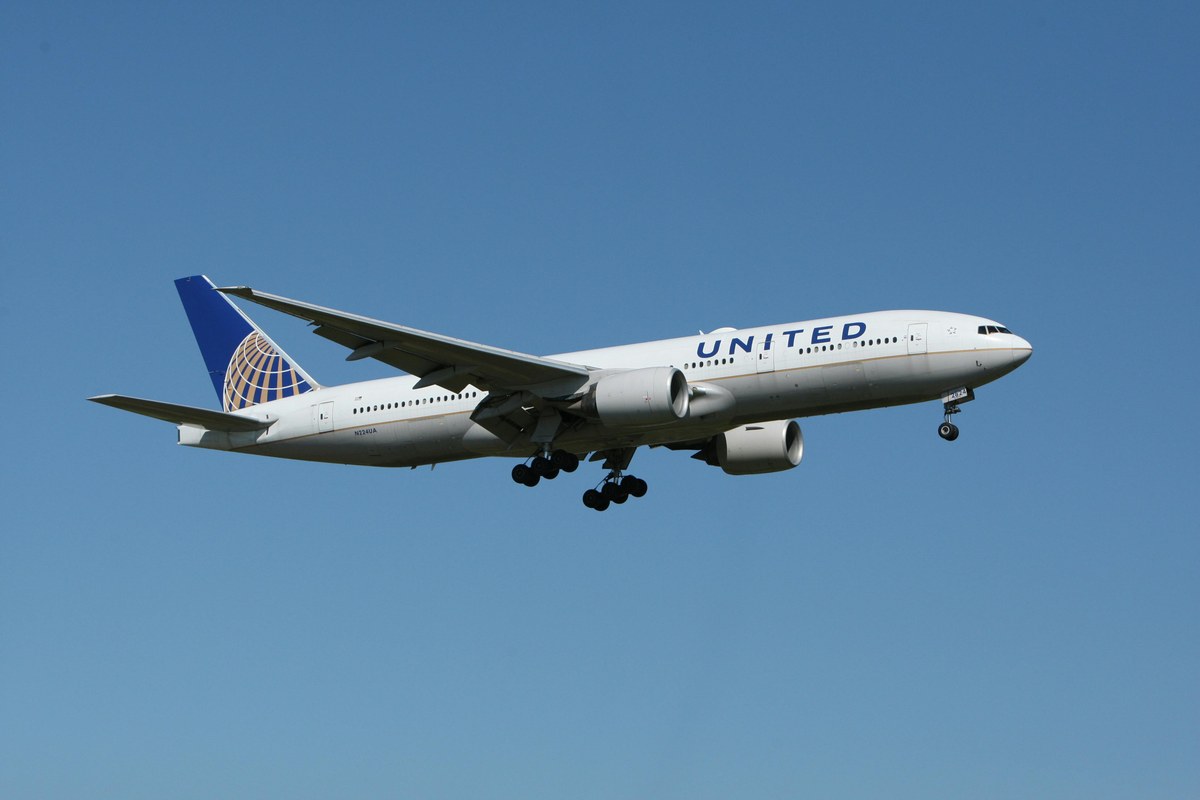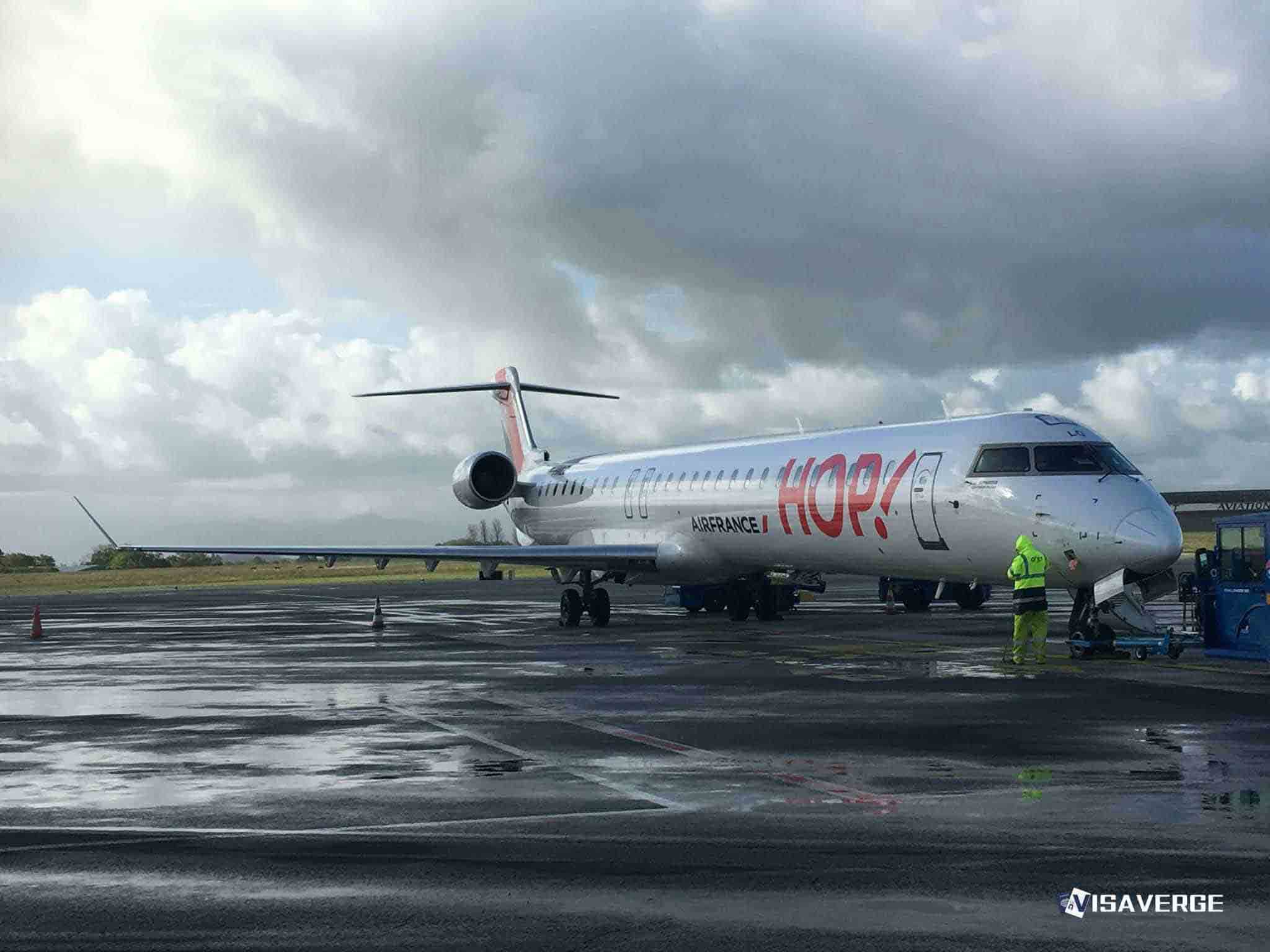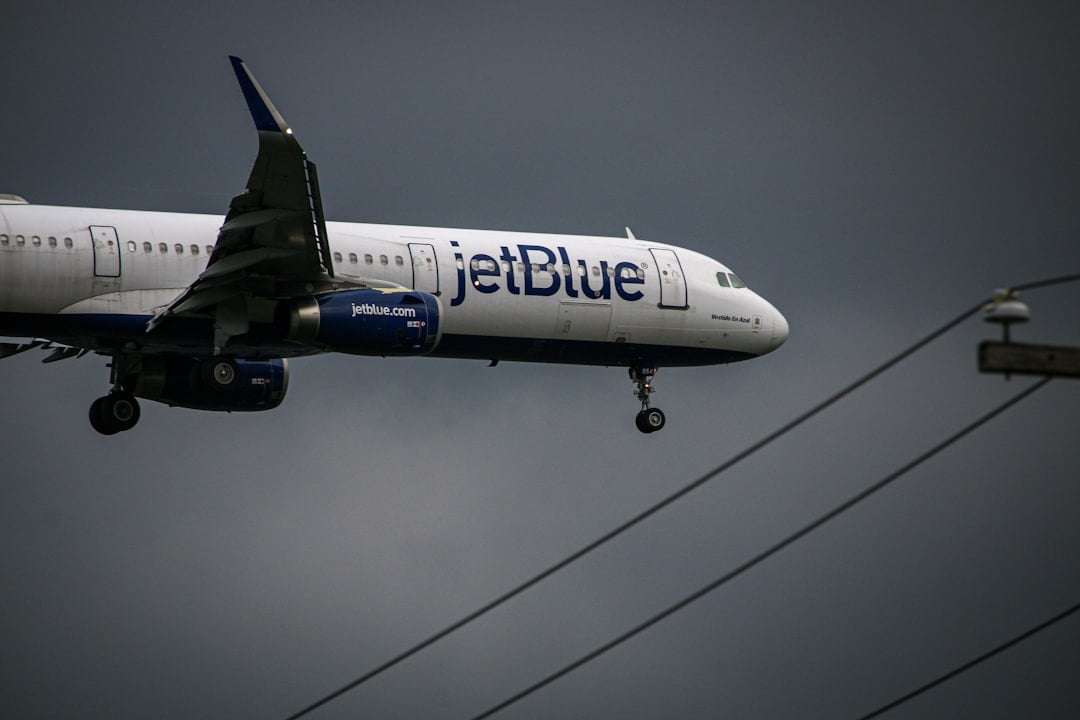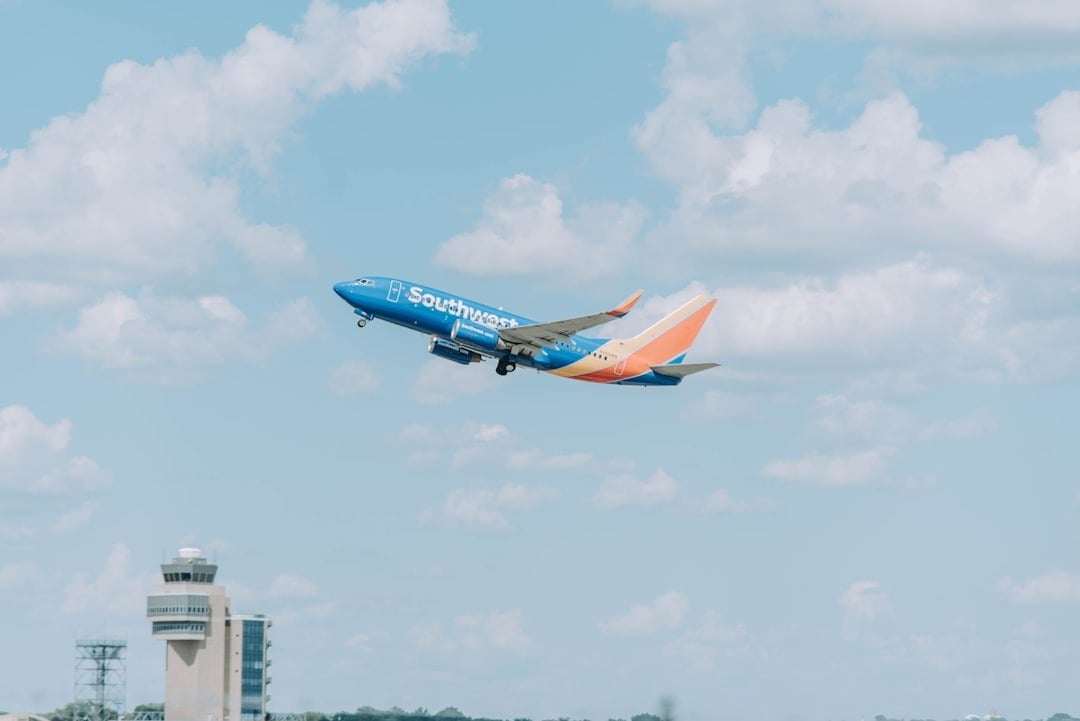Key Takeaways
• Argentina deregulates aviation sector via Decree 599/2024 and 338/2025, enabling rapid airline entry and fare freedom.
• Foreign airlines gain expanded access; low-cost carriers like JetSmart increase domestic market share to nearly 18%.
• Aerolíneas Argentinas reports its first operating profit since 2008 and plans to stop needing state funds by 2025.
Argentina has launched one of its most far-reaching reforms in the aviation sector, setting the country on a new path with a strong focus on deregulation and market freedom. This overhaul affects the way airlines, both domestic and foreign, operate in and out of the country. The reforms, carried out by Decree 599/2024 and Emergency Decree 338/2025, touch almost every corner of Argentina’s air travel business. From opening doors to new airlines, to letting companies set their own prices, to changing how airport slots are managed, the changes signal a fresh start for Argentina’s aviation industry.
What Has Changed in Argentina’s Aeronautical Code?

For decades, Argentina kept tight controls over who could fly, what prices they could charge, and how business could be done at airports. With this new move, rules set in the country’s aeronautical code have been eased to make things less strict. Here’s what’s new:
1. Easier Market Access and Permits
In the past, airlines wanting to operate in Argentina spent a lot of time dealing with bureaucracy. Getting permits for new routes or bringing in new planes took many months, sometimes even longer. Now, those slow and complicated processes are being replaced by a more open system. Airlines—whether from Argentina or from other countries—can get the approvals they need much faster.
Permits now include:
– All regular (scheduled) flights
– All non-regular (charter/cargo) flights
– Both trips within the country and trips going abroad
– Airport ground services
This change means companies can plan and launch new routes almost as soon as they are ready, without being held up by paperwork.
2. More Chances for Foreign Airlines
Foreign airlines now have more freedom to fly not only in and out of Argentina, but also between cities inside Argentina, as long as there are matching agreements with their own countries. These rights—called the 8th and 9th freedoms of the air—let foreign carriers carry passengers solely inside Argentina, but only under strong reciprocity rules. Right now, only companies from Chile and Uruguay fully qualify for this, but as Argentina signs more Open Skies deals, this list may grow.
Several new Open Skies agreements have already been made or expanded with countries like:
– Brazil
– Chile
– Ecuador
– Panama
– Peru
– Uruguay
– Canada
Open Skies agreements are deals between countries that make it simpler for airlines to fly between them, usually without limits on number of flights or destinations.
3. Airlines Set Their Own Prices
One of the biggest steps in the overhaul is fare deregulation. Before, Argentina had tough controls on ticket prices. The government set both minimum and maximum fares to stop prices from getting too low or too high. This policy was meant to protect jobs and companies, but made it hard for new, low-cost airlines to join the market.
Under the new rules, all price controls are erased. Any airline can now decide for itself how much to charge, based on what makes sense for its business and its customers. In theory, this should:
– Make flying less expensive for everyone
– Give passengers more choices
– Lead to sales, special deals, and flexible options
In the words of Peter Cerdá, the regional VP for the International Air Transport Association (IATA): “This new policy should allow the sector… to further increase its contribution… Argentina’s citizens will benefit from better access to affordable air travel…”
4. Open Competition for Ground Services
Airport ground operations, like baggage handling and cargo loading, used to be under the control of a single company: Intercargo. That monopoly made it hard for airlines to find the best service or the lowest prices. Now, Argentina has opened this part of the industry to competition. Any airline is free to pick a ground service provider or even use their own staff for these jobs.
As more companies get involved, the hope is that service will get better and costs will come down. This helps both the airlines, who save money, and passengers, who get smoother experiences on the ground.
5. Faster Approvals for Airline Partnerships
Codeshare and alliance agreements—where airlines work together to sell tickets, share flights, or run routes together—used to get stuck in long approval processes. With the reforms, as long as these deals are properly submitted, approval should happen in 15 working days unless someone has a serious objection. This speed helps airlines work together faster, planning joint routes or ticket deals that make travel easier for customers.
6. New System for Airport Slots
Slot allocation is the way airports decide when planes can take off and land, especially during busy times. At crowded airports, getting a good slot can be very tough, and bad slot rules can lead to delays or wasted resources. Argentina is now following the International Air Transport Association’s Worldwide Airport Slot Guidelines.
This means that airlines will know that slot rules are clear, fair, and similar to what they see in the best airports around the world.
What Does This Mean for the Market?
The full effects of deregulation will take time to show, but several trends are clear already:
- Greater Competition: New airlines, especially low-cost carriers, find it much easier to join the market. Existing airlines are also trying new things to keep up with the fresh competition.
- Cheaper Fares: With more airlines vying for passengers, and with no set prices, companies are likely to offer special deals and lower prices, especially on busy routes.
- Expanded Networks: Airlines can quickly open new routes since the paperwork is simpler and risks are lower. This means more direct flights, more options, and better service for both people and businesses.
Victor Mejía of JetSmart said: “The market has become more dynamic… The rules of the game are competitive…” This reflects how quickly things are changing on the ground.
Challenges and Warnings
While there is broad optimism, some experts are cautious. The aviation business relies on trust and long-term planning. Airlines spend millions on planes, staff, and marketing. They need to know that the environment will be stable—not just for a few months, but through different governments or policy changes.
In Argentina 🇦🇷, history has shown that policies can swing sharply between different presidents or political groups. If new restrictions or changes are brought back, airlines could face trouble with investments made during this period of openness.
Another challenge is the speed of roll-out. Just because the rules allow for new routes or airlines doesn’t mean these appear overnight. Building confidence, hiring crews, and creating ground services all take time.
Early Signs: Who’s Winning So Far?
Aerolíneas Argentinas, the country’s main airline and flag carrier, had depended on government handouts for years. But in 2024, for the first time since 2008, the company posted an operating surplus under the new, more open system. Even more surprising, it announced it would no longer need funding from the state as of 2025.
Meanwhile, low-cost airlines are moving fast. JetSmart has grown its share on domestic routes from about 10% last year to nearly 18% early in 2025. The company and others like it plan even more expansion, fueled by the removal of barriers and the end of price controls. New routes and more choices for travelers are already starting to show.
A Shift Toward Open Skies
Argentina’s new policies echo what happened in other countries that decided to deregulate their skies. For example, when the United States 🇺🇸 deregulated its market in the late 1970s, it led to a wave of new airlines, lower fares, and more service between cities. The hope is that Argentina 🇦🇷 will see some of the same effects: more people able to travel, more connections, and less need for government to keep companies afloat.
The open approach also matches Argentina’s efforts to keep up with competitors in South America. With countries like Chile 🇨🇱, Brazil 🇧🇷, and Peru 🇵🇪 making similar moves, Argentina risked falling behind if it did not act.
What About Jobs and Smaller Communities?
One area of concern is the fate of workers who relied on protective rules or set prices, as well as the future of flights to smaller cities. In the past, government controls made sure airlines served all regions—even if the route lost money. With the market now open, some worry that airlines will skip less profitable places.
On the other hand, strong competition and new airline entries might lead to more creative business models. Smaller companies could find a way to make less-traveled routes work with lower overheads or newer aircraft. Only time will tell.
International Impact and Integration
Argentina’s change also sends a message to the world: the country is open for business in a new way. Opening to foreign airlines and following global rules makes it much easier for international companies to plan business in and out of Argentina 🇦🇷.
For travelers, whether for work, study, or tourism, this could offer smoother connections and better value. For companies looking to invest or hire in Argentina, the reforms suggest a friendlier, less risky environment.
You can find more about these regulatory changes on the official Argentine government aeronautics page.
Key Takeaways
Let’s recap:
– Argentina has revised its aeronautical code, making it easier for more airlines (local and foreign) to operate.
– Price controls on tickets are gone, so airlines can set their own fares.
– One company no longer controls all airport ground services—competition is now allowed.
– Approvals for airline partnerships are much faster.
– Airport slot management is now in line with top international practices.
– Early results show national carrier Aerolíneas Argentinas reducing its reliance on public funds, and low-cost carriers growing rapidly.
– The path ahead is promising, but the long-term success depends on political stability and ongoing regulatory support.
How This Affects You
If you are a traveler in Argentina 🇦🇷, you may soon see more choices when booking flights, lower ticket prices, and more destinations served. If you run a business, you might find it easier to bring in goods or clients, or to send products by air at better rates. If you work in the industry, the news is mixed: there could be more jobs and opportunities as the market grows, but also more competition and changes in old ways of working.
As reported by VisaVerge.com, these sweeping reforms could reshape not just the aviation sector, but the way people, goods, and ideas move around the region. With the right follow-through, Argentina’s aeronautical code overhaul stands to create lasting benefits for travelers, businesses, and the country as a whole. The coming years will show exactly how far this deregulate-first approach can take both the skies above Argentina 🇦🇷 and the people on the ground below.
Learn Today
Deregulation → The removal of government rules to allow market-driven competition and flexibility, especially affecting pricing and access for new airlines.
Open Skies Agreement → A treaty between countries allowing airlines to freely operate and set routes without many restrictions on frequency or destination.
Airport Slots → Specific times allotted by airports for airlines to take off or land, managed to avoid congestion at busy airports.
Codeshare Agreement → An arrangement where different airlines share the same flight, making booking and connections easier for passengers.
Intercargo → Argentina’s former state-backed monopoly provider of airport ground services, such as baggage handling, replaced by competition under the new deregulation.
This Article in a Nutshell
Argentina’s sweeping aviation reforms, enacted by Decrees 599/2024 and 338/2025, remove strict price and market controls. Airlines can now set their own fares, face open competition in ground services, and rapidly launch new routes. Early results show lower fares, new options, and Aerolíneas Argentinas reducing reliance on public funds.
— By VisaVerge.com
Read more:
• Spartan Education Group expands pilot training initiatives globally
• Aviation Workforce Development Act Unites Senators in Rare Deal
• Moi Forces Academy-Lanet Breaks Ground With Aviation Tech
• IndiGo Airlines flight from Jaipur faces rare twin-engine failure
• American Airlines Removes JFK Walkway, Leaving Travelers to Spend More













